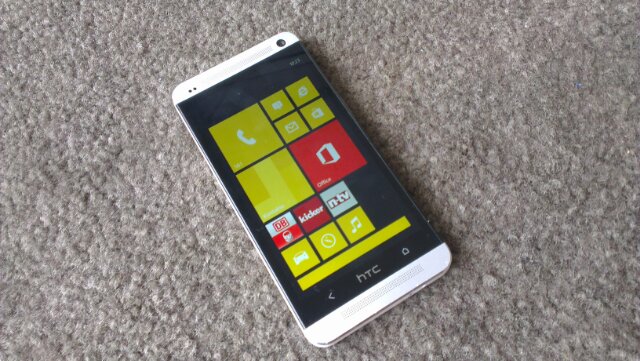A long time ago – before HTC got themselves into all sorts of financial problems, before UltraPixels, before Nokia and Microsoft got into bed together – HTC was a key partner in Microsoft’s mobile strategy. The Taiwanese manufacturer once made a lot of money manufacturing Windows Mobiles for other companies before they started trying to establish a brand with iconic handsets like the HD2, which to this day refuses to die. But when the iPhone happened, people lost interest in Windows Mobile. So HTC teamed up with Google to build handsets powered by Android, the new kid on the block.
HTC have never really abandoned Windows Phone though, having produced most of the first generation Windows Phone 7 devices. We all know that Windows has less than 4% market share, and out of that 4%, about 90% of Windows Phones sold are made by Nokia. Continuing to make Windows Phones doesn’t seem like a great strategy for HTC – especially considering their current money problems.
The trouble for HTC is that Microsoft claim that a number of technologies in Android infringe patents that they own, and a few years back negotiated a deal whereby in exchange for not being sued, HTC agreed to pay Microsoft a per-handset licence fee for the use of these patents and would also continue to build Windows Phones. Seemingly, HTC are caught between a rock and a hard place as their financial situation worsens.
According to a recent report from Bloomberg, Microsoft are in talks with HTC to negotiate a deal whereby HTC will build phones that dual-boot both Windows and Android, in exchange for reducing the licence fee, or dropping it entirely. It’s an interesting prospect for both parties – HTC will be able to cut costs significantly in both patent licence fees as well as in R&D on separate Windows Phones; and Microsoft gains a much larger audience for their struggling mobile platform. Whether or not it is even technically feasible is another story, and whether users will even care is another problem entirely.





